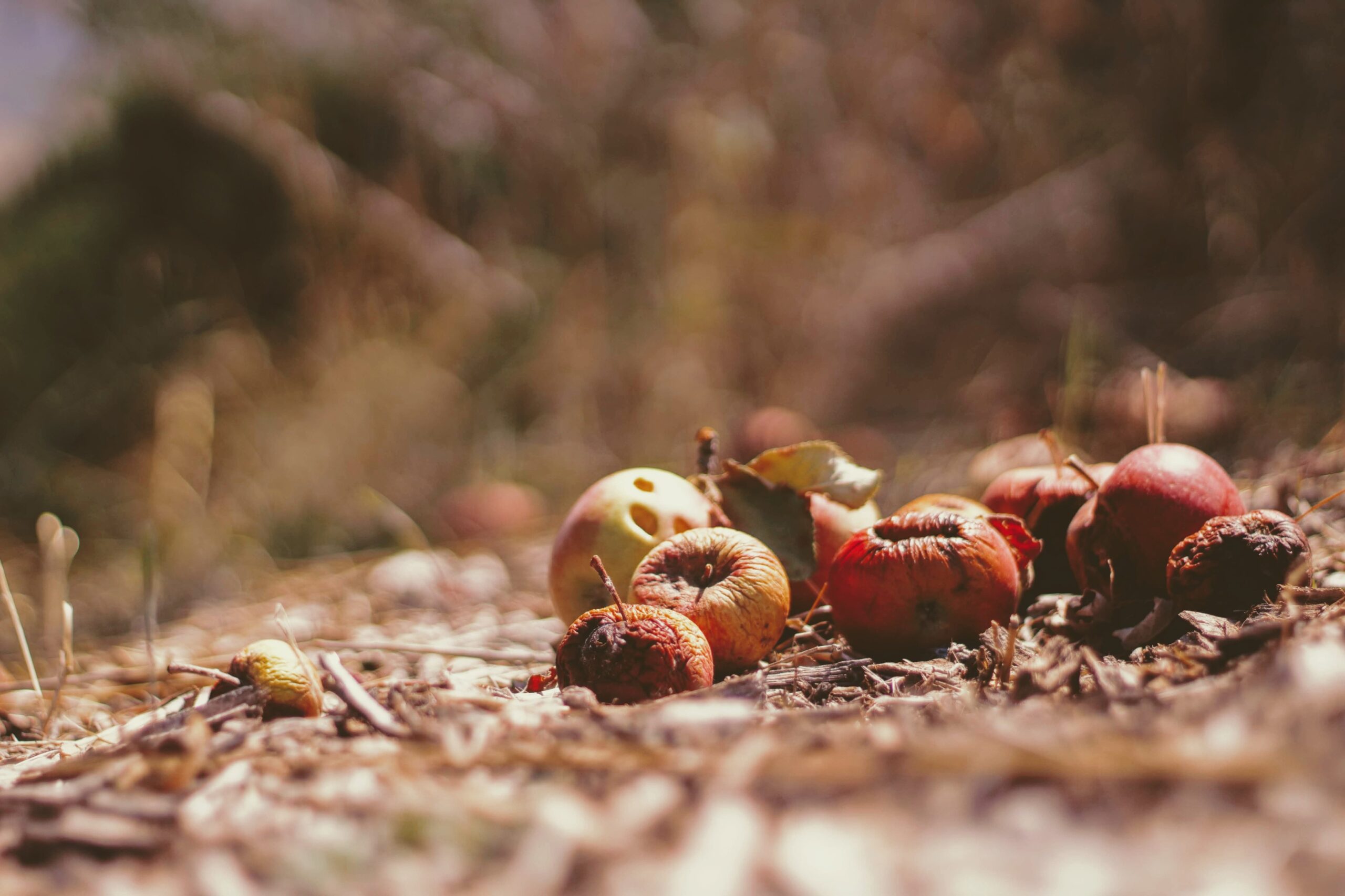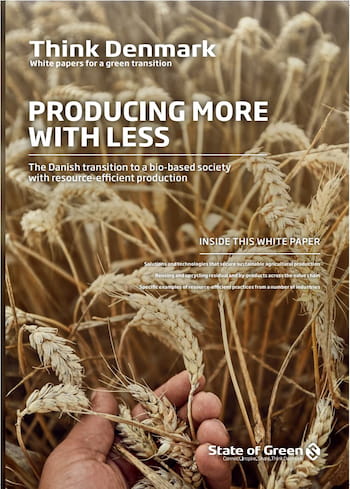Download our publication from producing more with less
This article is part of our publication ‘Producing More with Less’
Download nowPerspective
Bioenergy
Waste management
Waste prevention


Bioprotection is nature’s own way to keep food fresh and safe for longer. With the potential to reduce yogurt waste by 30 per cent it helps to address the global food waste issue.
Reducing food waste has been identified by the UN as a Global Goal for Sustainable Development. Although consumer awareness of the impact of food waste is growing, a study published in 2016 showed that only 53 per cent of US consumers* were aware that food waste is a problem – even though they throw away approximately 36 billion kilos of food every year. Up to one third of all food is wasted, according to the Food and Agricultural Organization (FAO) and 17 per cent of all yogurt goes to waste every year in the EU, which equals a total of 1.5 million tonnes of yogurt.
Consumers worldwide are demanding food that is less processed and made withoutartificial ingredients. So a key dilemma for food manufacturers is how to help keep food fresh and safe for longer while keeping products and ingredient lists attractive to the modern consumer? Global bioscience
company, Chr. Hansen, recently launched a new generation of natural dairy cultures to help dairy manufacturers – and consumers – tackle the food waste dilemma.

This article is part of our publication ‘Producing More with Less’
Download nowWith the recent launch of a new generation of bioprotective food cultures, global bioscience company, Chr. Hansen, is empowering food manufacturers and consumers to tackle food waste. Bioprotection uses nature’s own good bacteria to delay spoilage from contaminants, such as yeast and mould in dairy products, to extend shelf life. With a conservative seven days extension, this equates to as much as 30 per cent of yogurt waste which equates to a
reduction in EU CO2 emissions by 520,000 tonnes annually.
With fresher products and longer shelf life, dairy manufacturers can also differentiate their brands, retailers can reduce the risk of waste and customers waste less and save money. “Consumer awareness of food waste is on the rise – and no one likes to throw away unopened products. Our goal with the new FreshQ® cultures is to help dairy producers around the world to offer longer lasting and great tasting products to their consumers – without compromising their product label,” says Peter Thoeysen, Director for Dairy Bioprotection at Chr. Hansen.
publications
Resource efficient production
+15